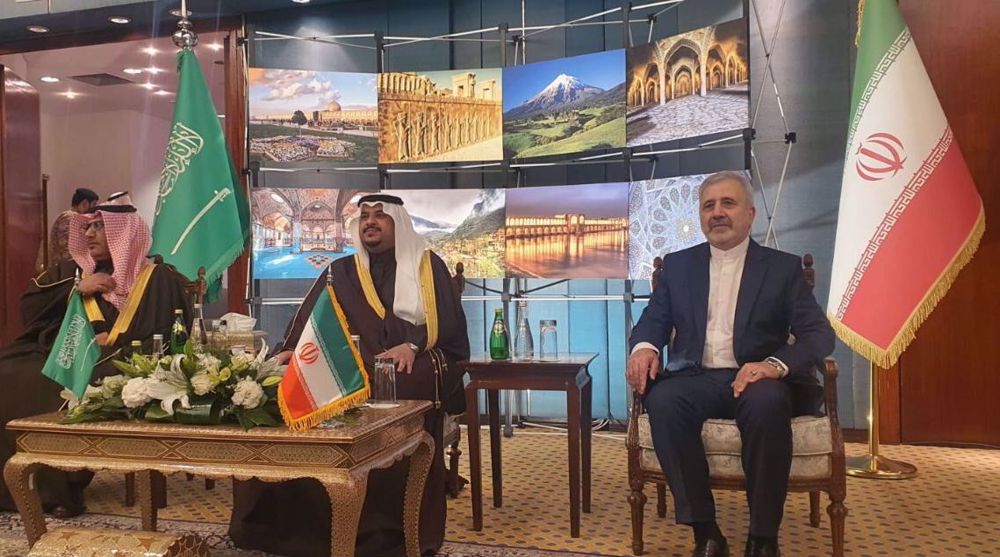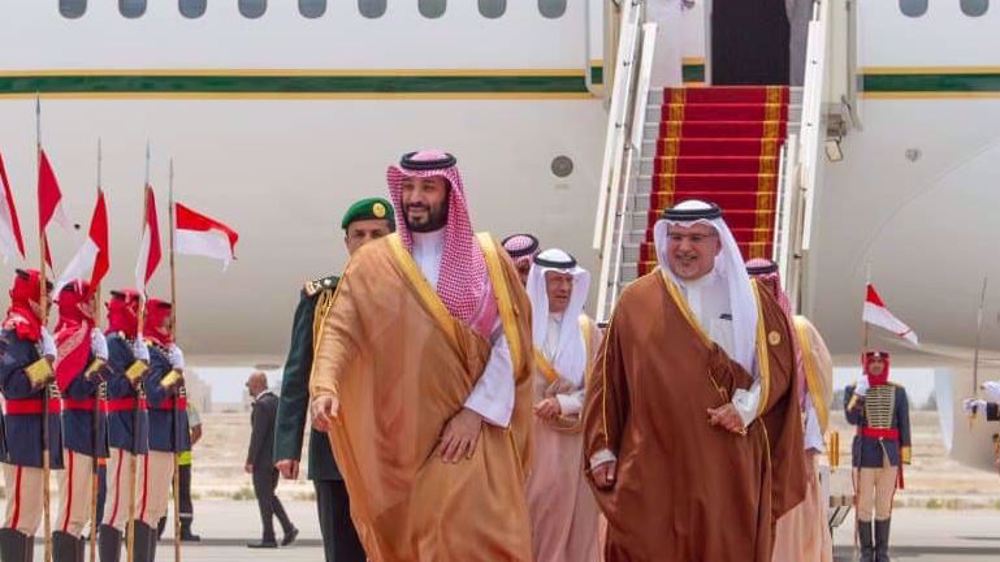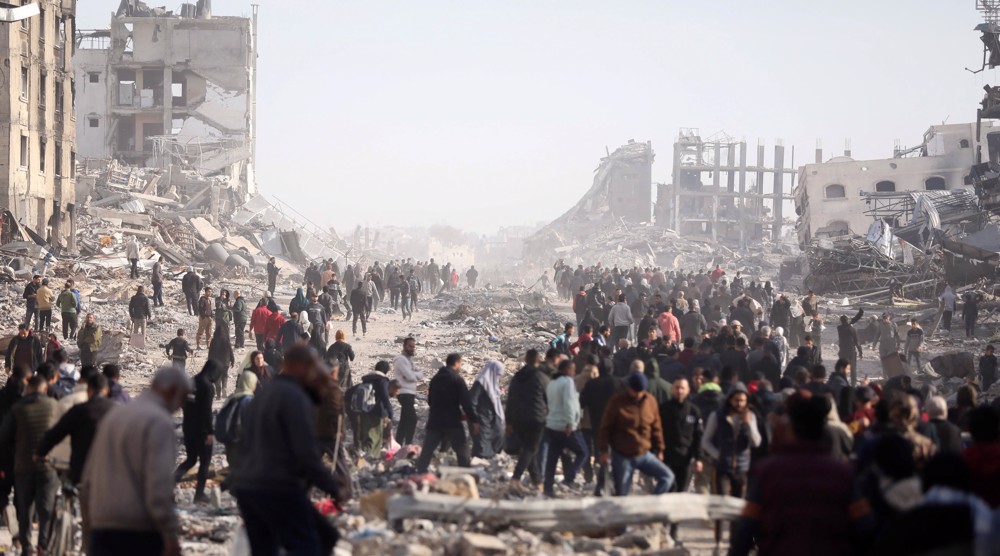UN experts slam Riyadh for erasing 'cultural heritage' in Shia town
United Nations experts have slammed the regime in Riyadh over razing an old part of a Shia Muslim-majority town in eastern Saudi Arabia, saying the move has erased cultural heritage and violated human rights.
Karima Bennoune, the UN Special Rapporteur in the field of cultural rights, said on Wednesday that Saudi authorities had moved ahead with razing old Awamiyah, known as al-Musawara, despite repeated calls by the United Nations to halt the demolition.
According to a statement issued by the Office of the United Nations High Commissioner for Human Rights, Bennoune accused Saudi security forces of "irreparably burning down" historic buildings and forcing residents to flee their homes.
"These destructions erase the traces of this historic and lived cultural heritage and are clear violations of Saudi Arabia’s obligations under international human rights law," the UN official said.
Some buildings in the area are more than 400 years old.
Leilani Farha, the UN Special Rapporteur on the right to adequate housing, also warned that the move in the Shia-populated region "constitutes a forced eviction under international human rights law."
On May 10, at least two people were killed when Saudi regime forces opened fire on local residents who were trying to block bulldozers from razing al-Musawara.
Security forces equipped with heavy weapons have been deployed in Eastern Province's Awamiyah since May 10, following fierce clashes between the regime forces and locals protesting against the destruction.
Photos and videos have been circulated on the net of bulldozers escorted by heavily armored military vehicles heading toward the demolition site.
A number of human rights groups and activists have expressed deep concern about the living conditions of people in Awamiyah who are suffering from a severe water shortage and are using private generators to produce electricity.
Eastern Province has been the scene of anti-regime protests since early 2011. Riyadh has stepped up security measures in the Shia-majority region. Protesters want freedom of speech, the release of political prisoners, and an end to economic and religious discrimination exercise by authorities.

Demonstrations intensified in the province after the January 2016 execution by the regime of respected Shia cleric Sheikh Nimr al-Nimr. The protests have been met with a heavy-handed crackdown by the regime.

Tehran, Riyadh expanding, deepening mutual cooperation: Iran’s ambassador

Arab League condemns Netanyahu’s proposal to create Palestinian state in Saudi Arabia

‘Extremist mindset’: Riyadh rejects Netanyahu’s remarks on displacing Palestinians
Multiple bus explosions rock Tel Aviv, instilling fear in settlers and bringing city to halt
Islamic Jihad chief: Victories in Palestine, Lebanon indebted to Iran
Spain remains 'major transit port' for arms shipments to Israel
VIDEO | Back in coffins: Four Israeli captives released in Gaza
Iran raps Grossi's 'political' remarks serving pretext to pressure Tehran
VIDEO | Promoting and preserving the Persian language: A crucial endeavor
President: Mexico won’t accept US ‘invasion’ in fight against cartels
Lebanese return to flattened homes after incomplete Israeli pullout







 This makes it easy to access the Press TV website
This makes it easy to access the Press TV website